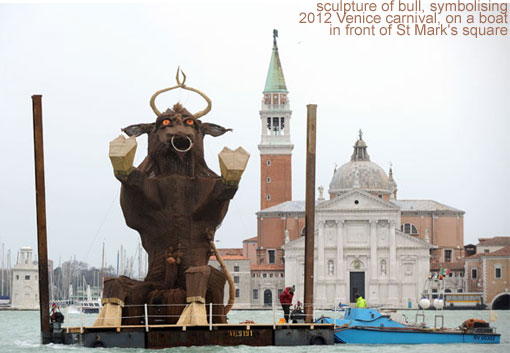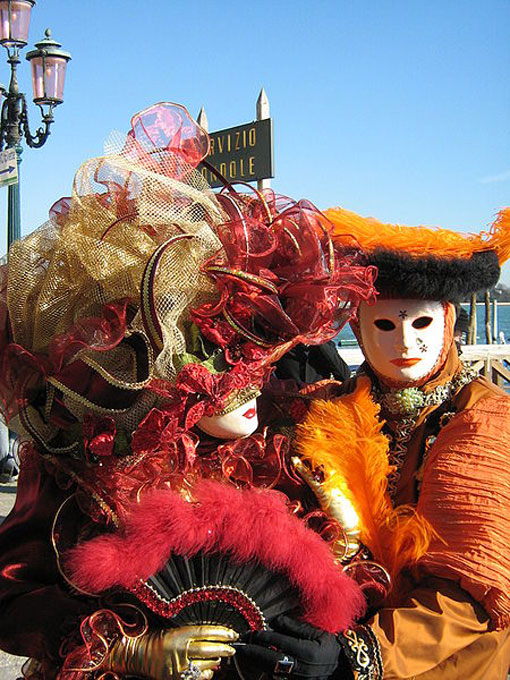You are hereBlogs / WcP.Tomorrows.History's blog / Carnival & UFO: Fun & unknown Fate. Choose "between Compassion & Greed..., Guts & Honor make you a happy man", each day
Carnival & UFO: Fun & unknown Fate. Choose "between Compassion & Greed..., Guts & Honor make you a happy man", each day








(quote)
Carnival in Europe: Venice, Viareggio, Las Palmas and Czech Republic
Carnival is a festival traditionally held in Catholic and, to a lesser extent, Eastern Orthodox societies. Protestant areas usually do not have Carnival celebrations or have modified traditions, such as the Danish Carnival or other Shrove Tuesday events. The Brazilian Carnival is one of the best-known celebrations today, but many cities and regions worldwide celebrate with large, popular, and days-long events. The Carnival of Rio de Janeiro is the biggest Carnival in the world, and the biggest popular party on the planet, according to the Guinness Book of World Records 2010. The Rio de Janeiro Carnival is also considered the world's most famous.
History of Carnival
The Lenten period of the Liturgical year Church calendar, being the six weeks directly before Easter, was marked by fasting and other pious or penitential practices. Traditionally during Lent, no parties or other celebrations were held, and people refrained from eating rich foods, such as meat, dairy, fats and sugar. The forty days of Lent, recalling the Gospel accounts of the forty days that Jesus spent in the wilderness, serve to mark an annual time of turning. In the days before Lent, all rich food and drink had to be disposed of. The consumption of this, in a giant party that involved the whole community, is thought to be the origin of Carnival.
While it forms an integral part of the Christian calendar, particularly in Catholic regions, some carnival traditions may date back to pre-Christian times. The ancient Roman festivals of Saturnalia and Bacchanalia may possibly have been absorbed into the Italian Carnival. The Saturnalia, in turn, may be based on the Greek Dionysia and Oriental festivals. While medieval pageants and festivals such as Corpus Christi were church-sanctioned celebrations, carnival was also a manifestation of medieval folk culture. Many local carnival customs are based on local pre-Christian rituals, for example the elaborate rites involving masked figures in the Swabian-Alemannic carnival.
Some of the best-known traditions, including carnival parades and masquerade ball masquerading, were first recorded in medieval Italy. The carnival of Venice was for a long time the most famous carnival. From Italy, carnival traditions spread to the Catholic nations of Spain, Portugal, and France. From France, they spread to the Rhineland of Germany, and to New France in North America. From Spain and Portugal, they spread with Catholic colonization to the Caribbean and Latin America.
Other areas have developed their own traditions. In the United Kingdom, West Indian immigrants brought with them the traditions of Caribbean Carnival, however the Carnivals now celebrated at Notting Hill, London; Leeds, Yorkshire, and other places have become divorced from their cycle in the religious year, becoming purely secular events, that take place in the summer months.
(unquote)
Photos courtesy Reuters / Andrea De Silva, AFP/GETTY, NASA, and Robertito1965 / Wikipedia


















